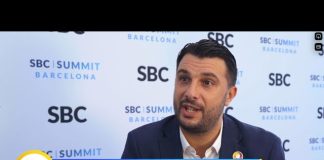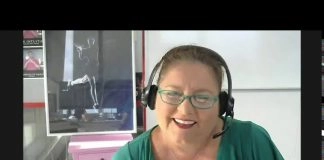For both sports and betting organisations, finding a shared objective and goal is key in order to successfully safeguard integrity, according to Gilles Maillet.
Whilst attending the SBC Summit North America, the FDJ’s Sport Integrity Director spoke to SBC’s Global Relationship Director, Kelly Kehn, about the dynamics of defence against match manipulation and other threats, as well as his professional history.
“Currently, awareness about the issue can be different from one state to another, from one regulator to another and it’s a political question as well – whether there are important clubs or teams in the States, we can see that the level of awareness can vary as well. These things are going to get more homogeneous, but we have to deal with that for the moment.”
The ultimate objective, Maillet continued, is to find a ‘common objective between the world of sport’, involving both sporting authorities and operators, offering the launch of a sports integrity whistleblowing website in France as an example.
This new website has received the support of a number of leading sporting organisations in France, notably the Ministry of Sport, the National Olympic Committee, the French Football Federation, the Association of Professional Sports Players and the FDJ.
“It was certainly interesting to launch a new service in France for all sports, because many federations don’t have the means to develop that, and also to have something that can be slightly independent from the world of sports.
“Very often the sports people don’t dare to speak to their own federations, because past experience has shown that whistleblowers are not always rewarded by their own sports.”
The ultimate achievement of this website, he continued, was leading figures from several different segments related to sports to create a ‘tool and a process for these reports are going to be treated’.
Lastly, Maillet also offered comment on his career progression so far, noting that despite his career in business and sales he was able to leverage his own sporting experience to find success in his position with the FDJ.
“It’s not easy to build that link between what I was doing in the past and in marketing, sales and consumer goods to what I am doing today, but I’m a sports fan,” he explained.
“I could observe a lot of people in the world of sport who were not leaders who lead their club or federation and were aware enough of the risks that some people are posing to sport – whether that be doping, match fixing, sexual vioence etc.
“There is a strong need for mobilisation on that. My experience in sport was important when I was proposed to take that new job, and it’s a good way to combine sports experience and business with a personal commitment to defend sport.”




